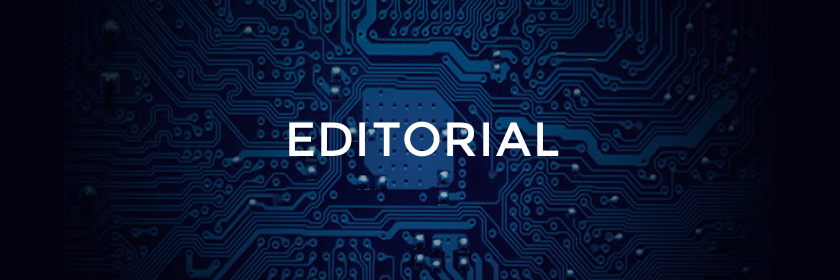Volume 1, Issue 1 Editorial

SEPTEMBER 2001
It is with great pleasure that we present the first issue of the Journal of Information Warfare (JIW). It is an international journal created to share quality information to researchers and practitioners in the field. We hope that you will contribute as well as read this publication. The journal will cover the broad spectrum of issues associated with Information Warfare such as military, government, commerce, and education. Over the last decade, as the Information Society has evolved, the discipline has grown from purely being the concern of those in defence, to the whole of society. JIW will address this phenomenon, and intends to become the first point of call for contemporary commentary for Information Warfare. The editors of JIW intend to maintain a level of excellence in the papers presented. Each paper is blind-refereed by two people experienced in the field. Some contributions will be academic in nature, some statements of opinion, some experiential from practitioners. All are welcome. Standards will be kept high, but it is recognised that each type of paper has different means of assessing its value and significance. Also, we welcome letters to the editor. Please send them to my e-mail address below, as well as any suggestions for improvement to JIW.
JIW is an independent journal, and has no allegiances to any organisation or opinion, and is prepared to publish opinions that are not necessarily shared by the editors.
This issue reflects the broad nature of JIW. The first paper is one suggested by the editorial board and is the chief editors' concept of the nature of Information Warfare. It is their perception and maybe not shared by all readers. Dearth follows with a view of issues in Information Operations and its future. Nicander explains the Swedish experience of Information Operations. Friman, another author from the Swedish National Defence College, explains Information Warfare in terms of systems theory. The next papers are more specific in nature. Curts and Campbell investigate the relationship between Interoperability and Information Warfare. Valli becomes more technical, offering a model for gathering intelligence about network intrusions. Finally, Wang, Reeves, and Wu offer another model for identifying and apprehending intruders. JIW would like to thank all these contributors and encourage those who were not successful to submit again.
Lastly, I would like to thank all the editors and the Advisory Board: Winn Schwartau, Doug Dearth, and Phillip Taylor, for their support.
I hope you find JIW to be of value to you.
Bill Hutchinson
w.hutchinson@ecu.edu.au
AUTHORS

Security Research Institute Edith Cowan University
Perth, Australia.
Professor Bill Hutchinson was Foundation IBM Chair in Information Security at Edith Cowan University in Western Australia. He was Director of SECAU (Security Research Centre) and was coordinator of the Information Operations and Security programmes. From 2000 to 2010, he was the Chief Editor and founder of the Journal of Information Warfare.
Published In
Keywords
Journal of Information Warfare
The definitive publication for the best and latest research and analysis on information warfare, information operations, and cyber crime. Available in traditional hard copy or online.
Quick Links
Archive

